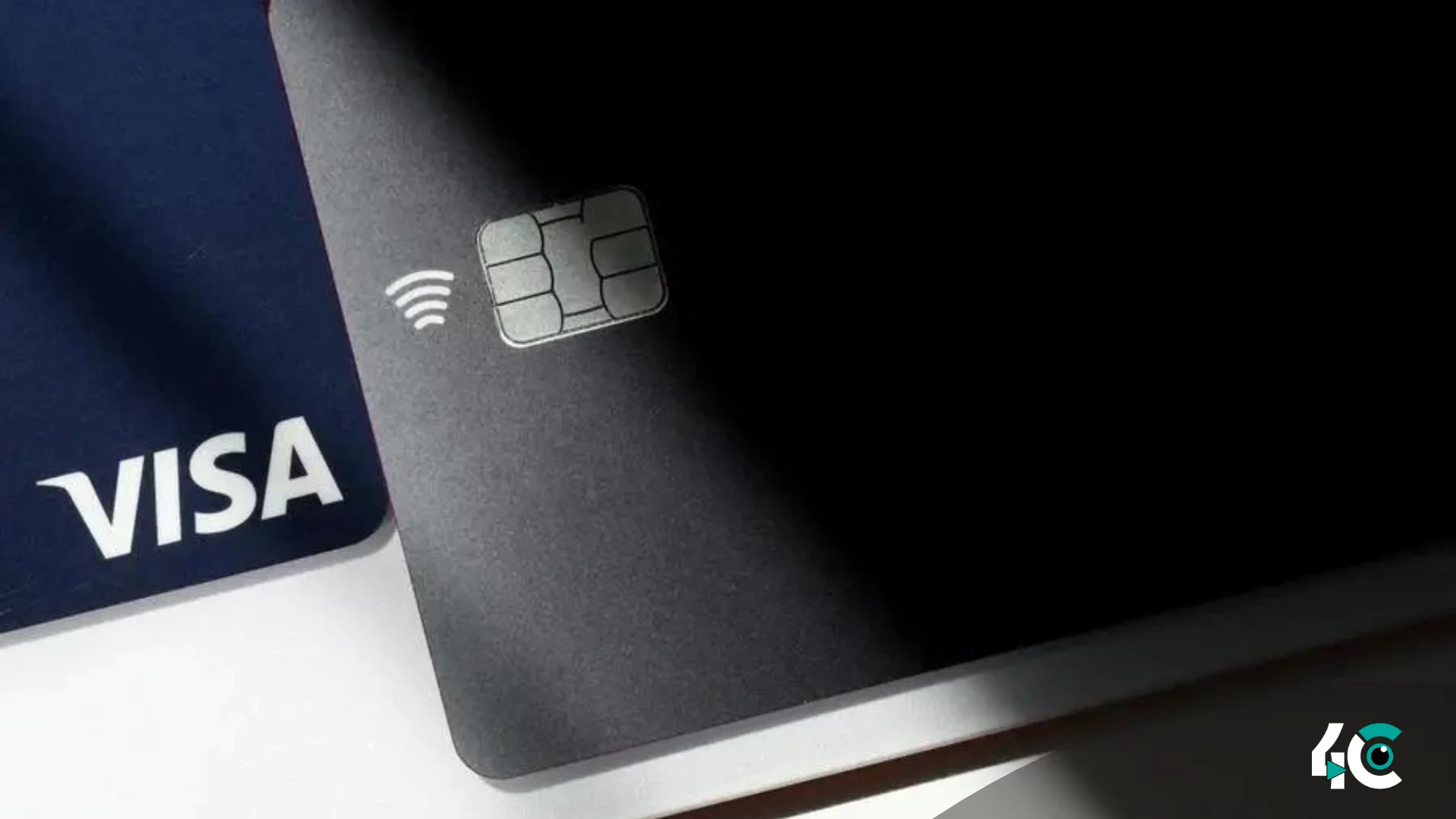Visa and Mastercard Allegedly Spend Millions to Stifle Payments Sector Competition
Accountable for consumers just published a report. Visa and Mastercard have been accused by the US of establishing a duopoly that stunts credit and debit card payment sector competitiveness. According to the investigation, these financial behemoths have combined spent more than $80 million to advocate against laws meant to let fresh rivals into the market.
Most card transactions in the United States are Visa and Mastercard, so the paper contends that their impact helps to explain the outrageous swipe costs individuals and companies pay. Director of economic security and corporate power Liz Zelnick of Accountable.US said the businesses have used aggressive lobbying to persuade legislators that more competition will harm consumers. She argues, meanwhile, that lack of competition is driving financial difficulty for regular customers as well as small firms.
Zelnick said that swipe fees burden Americans greatly and affect everything from groceries to gasoline costs. They are really expensive. She pushed Congress to act against these anti-competitive behaviors in order to free companies and people from financial strain.
The U.S. Department of Justice recently sued Visa in antitrust claims alleging that the business’s actions discourage financial institutions from working with rival payment providers—a practice the study also notes. Zelnick underlined the need of allowing federal authorities additional power to support a fair market by means of the Credit Card Competition Act.
Introduced by bipartisan politicians, the Credit Card Competition Act of 2023 seeks to force banks to back many payment systems. Legislators of both parties hope this law will increase security, lower swipe costs, boost competitiveness, and eventually help small companies and consumers. The duopoly of the industry now lets Visa and Mastercard establish exorbitant fees that stores cannot bargain, therefore driving higher consumer expenses.
Advocates of the proposed legislation underline its significance in tackling the issues presented by the Visa-Mastercard duopoly and creating a more fair payments environment, even while the Senate has yet to set meetings or votes on it.
































